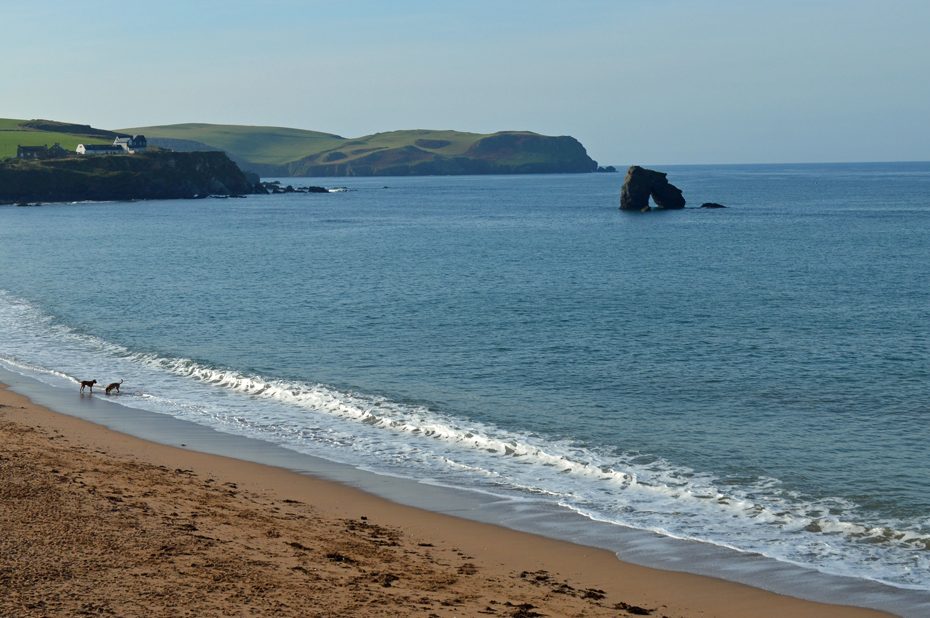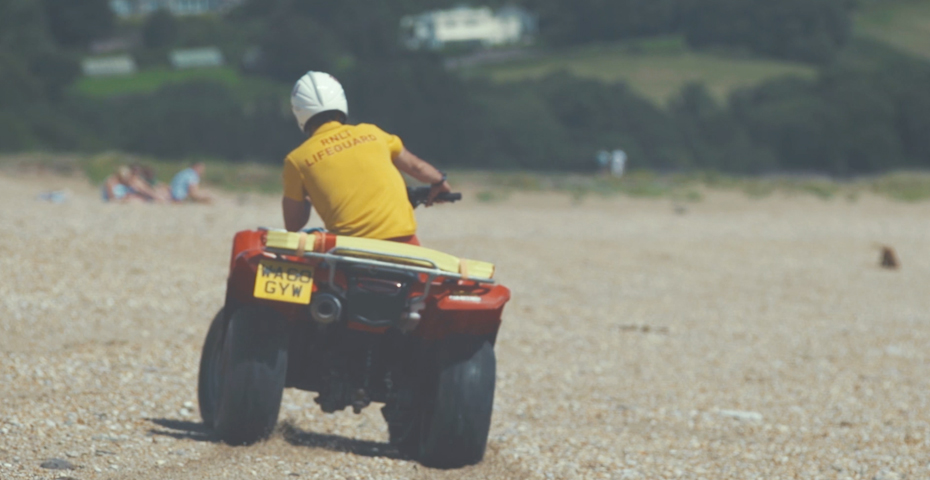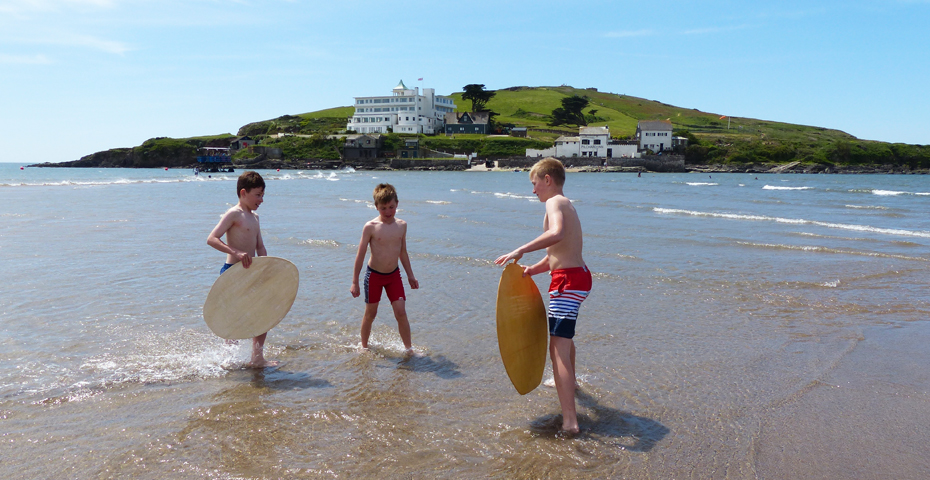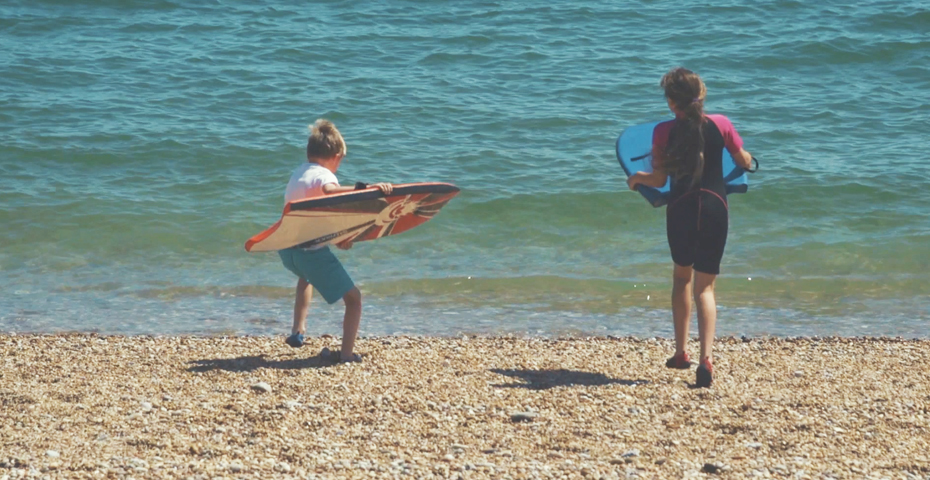The Salt Path: Iconic Filming Locations along the South West Coast Path
Follow in the footsteps of Raynor and Moth Winn and explore the beautiful places that featured in The Salt...

With the ‘endless summer of 2018’ holding a hot grip over the country, South Devon is basking in wall to wall sunshine and enjoying warm waters. Needless to say, the region’s beaches are a hive of activity, with people eager to cool down in the sea, indulge in local ice cream and enjoy fresh seafood at one of the many beachside eateries.
South Devon boasts a 90 mile stretch of coastline that is peppered with sandy beaches, secret coves and fishing villages, so it comes as no surprise to us that sea swimming, bodyboarding and general beach fun are highly popular activities, at the top of most’s summer agenda. To help you relax, and really maximise your time on the beach, we’ve collated our top beach safety tips.
Book your South Devon beach holiday
When you arrive at the beach, aside from admiring the shimmering vista, one of the first things you might notice (if lifeguards are on patrol) are coloured flags. If you find yourself on a beach that isn’t lifeguarded, take extra care regarding where you choose to swim. Regardless, it’s worth spending a little time learning your flags:

Where and when possible, swim at a beach with lifeguard supervision. This way, you will always have a pair of safe eyes watching over you, and if you do get into danger you’ll have immediate help on hand. South Devon boasts a number of lifeguarded beaches during the peak summer season, including:
If you aren’t familiar with the beaches of South Devon, or are looking for a little more inspiration, read our comprehensive South Devon beach bible.

If you do find yourself in difficulty, the temptation will most likely be to try and swim to safety. However, the best advice is to try and float, or stay with your kit (bodyboard or surfboard) as it will keep you afloat, and make you easier to find in an emergency. If you’re close to shore, a simple whistle may be a sufficient call for help, but if this fails, the international distress signal of hand waving and shouting is widely recognised.

It goes without saying that children are safest on the beach when supervised. However, this doesn’t always avoid mishap, and in our opinion, it’s best to be fully prepared. Here are our top four tips on family beach safety:
Whilst inflatable flamingos, giant rubber rings and floats of all shapes and sizes are designed for swimming pools, many can’t resist the temptation to take these in the sea. If you do decide to make a splash accompanied by a float, ensure that children (and adults alike) are closely supervised. Stay near the shore, only venture between the red and yellow flags, and don’t ride big waves!
Unfortunately, rip currents are one of the major causes of accidental drowning across UK beaches. They can be extremely strong, and can quickly take you from the shallows out of your depth, so it’s worth knowing how to spot and avoid a rip current…
Difficult to spot, riptides are sometimes identified by a channel of choppy water on the sea’s surface. If you aren’t sure, ask the lifeguards for advice, and they will happily point out any rip currents that may be present. As always, aim to swim between the red and yellow flags, as these have been marked based on where is safer to swim in the current conditions. If you do find yourself caught in a rip follow these key rules:
This whistle stop guide only covers the main aspects of trying to stay safe whilst on the beach, but the Royal National Lifeboat Institution (RNLI) website delves into a much deeper guide on beach safety, so be sure to read up on their advice too.
South Devon is the ultimate playground for beach lovers, so if you haven’t done so already, book your beach holiday today!
